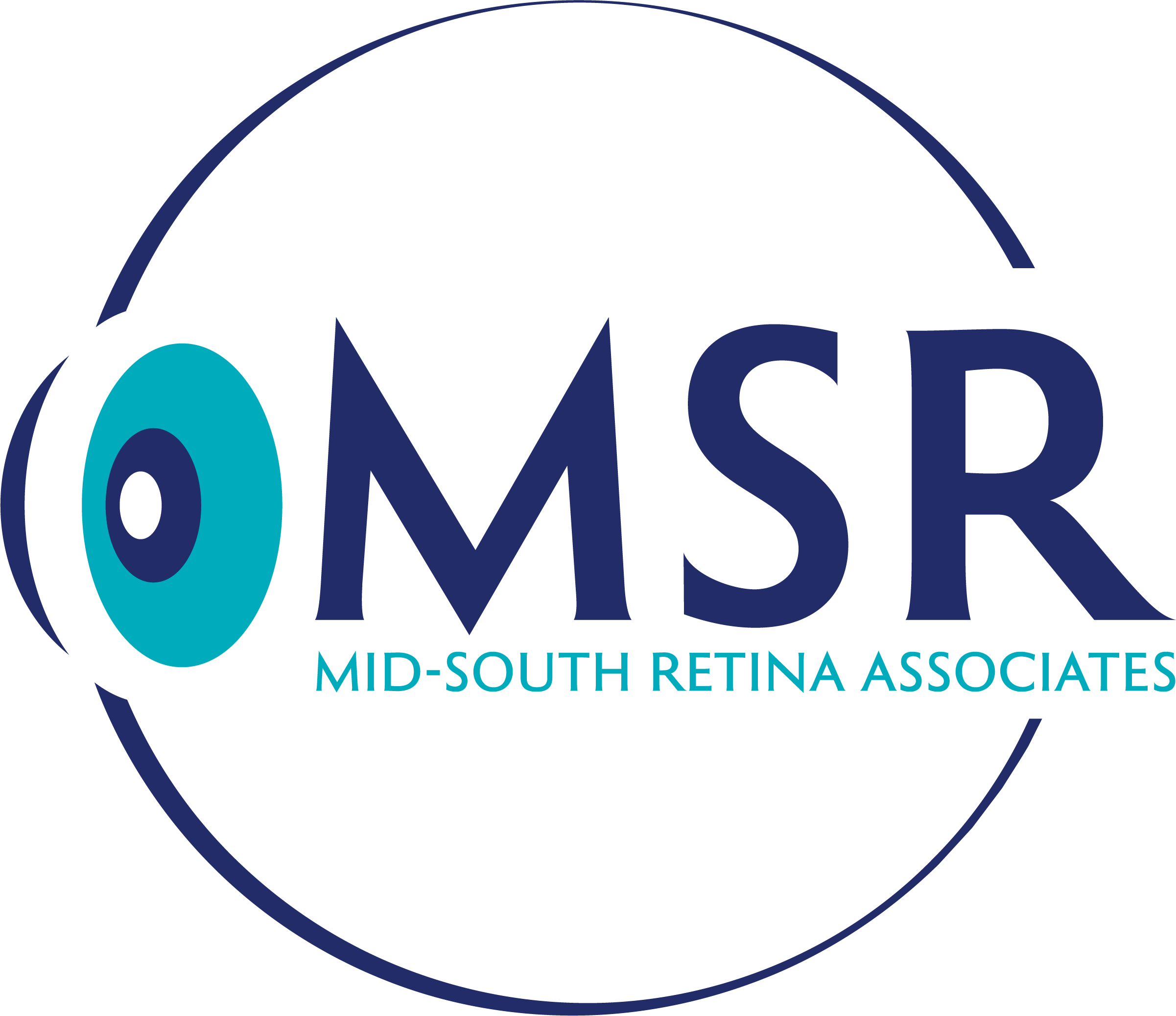 News from The American Academy of Ophthalmology
News from The American Academy of Ophthalmology
- Glaucoma and Alzheimer’s Disease: Overlapping Diseases on the Same Spectrum?Dr. Thomas Johnson explored the epidemiological and pathophysiological overlaps between glaucoma and Alzheimer’s disease at the American Glaucoma Society 2026 Annual Meeting.
- Week in Review: Dry Eye Disease in Patients With Autoimmune Conditions, Attitudes Toward AI-Based Diabetic Retinopathy ScreeningHaving an autoimmune disease can predispose a person to dry eye, and survey results show that patients appear to prefer human-based diabetic retinopathy screening over AI-based programs.
- Initial Glaucoma Treatment With SLT vs Eyedrops May Help Slow Visual Field LossA post hoc analysis of the Laser in Glaucoma and Ocular Hypertension Trial (LiGHT) focused on the 6-year visual field (VF) mean deviation (MD) progression rate in the 2 treatment arms.
- Failed Initial Endothelial Keratoplasty May Be Successfully Managed With DMEKIn the absence of other risk factors, after failure of a first cornea graft, Descemet membrane endothelial keratoplasty (DMEK) appears to be a viable option for surgical success.
- Weekly Journal Update — February 25, 2026An HVF protocol for hydroxychloroquine retinopathy, Chat GPT-5 answers ophthalmology questions, lifestyle factors and AMD progression, pharmacologic dilation and acute angle closure, EDOF lenses can help eyes with irregular astigmatism.
- Health-Related Quality-of-Life Outcomes Appear to Be Good After Upper Eyelid SurgeryThe American Academy of Ophthalmology recently issued an Ophthalmic Technology Assessment regarding instruments used to measure health-related quality-of-life (HRQOL) outcomes following upper blepharoplasty and blepharoptosis surgery.
- Aniridia May Increase the Risk of Retinal Detachment With a Boston KeratoprosthesisRetinal detachment is a potential concern after implantation of a Boston keratoprosthesis type 1 (KPro), but a retrospective study found that aniridia might further increase that risk.
- Discrepancies Exist in How Industry Payments to Oculoplastic Surgeons Are DistributedIndustry payments to oculofacial plastic surgeons appear to be concentrated among relatively few surgeons receiving a high number of payments from a small number of companies.
- Early Corticosteroid Tapering May Be Associated With Higher Rejection Risk After DMEKA retrospective study found that stopping topical corticosteroid eyedrops within the first few years after Descemet membrane endothelial keratoplasty (DMEK) could increase the risk of graft rejection.
- Patterns of Ellipsoid Zone Loss May Predict Progression in MacTelA longitudinal OCT imaging study identified three distinct patterns of ellipsoid zone loss in macular telangiectasia type 2 (MacTel) corresponding with different rates of disease progression.
Recent Publications: Our Jackson physician, Dr. Brad Priester, has published an article in JAMA Ophthalmology called “Numerous White Retinal Lesions Following Cataract Surgery. Read it here.
